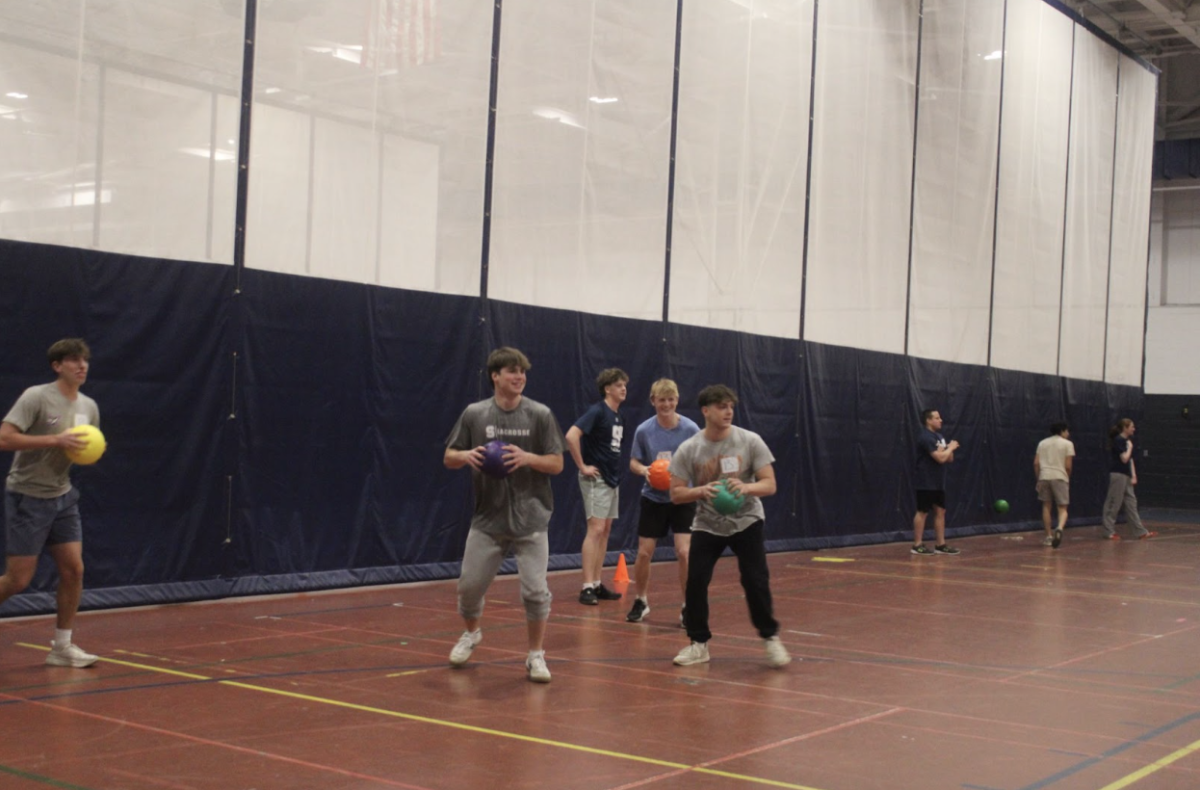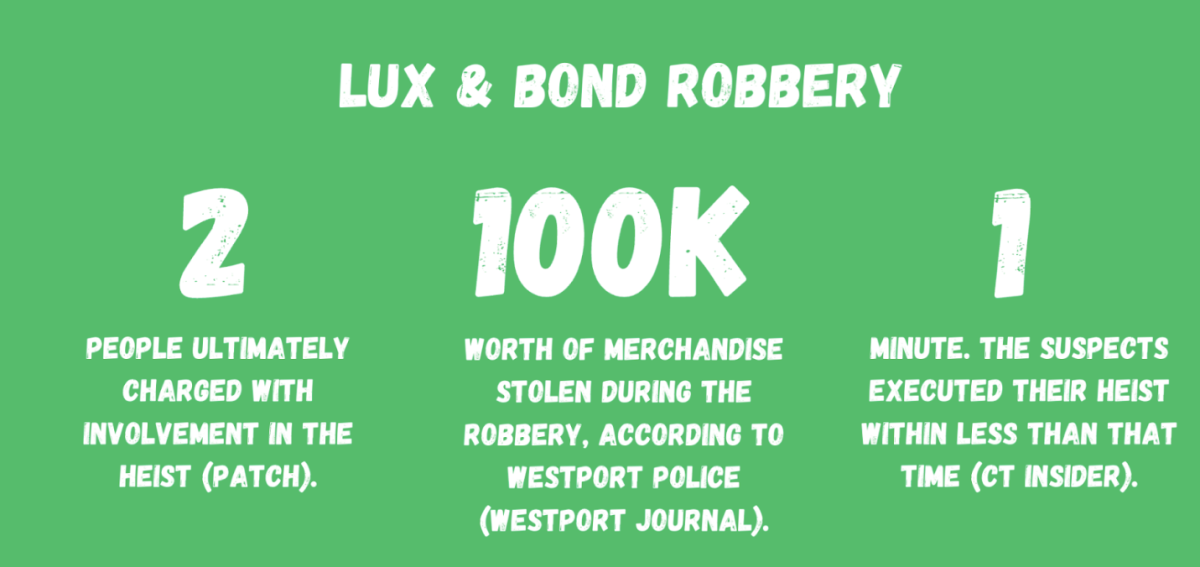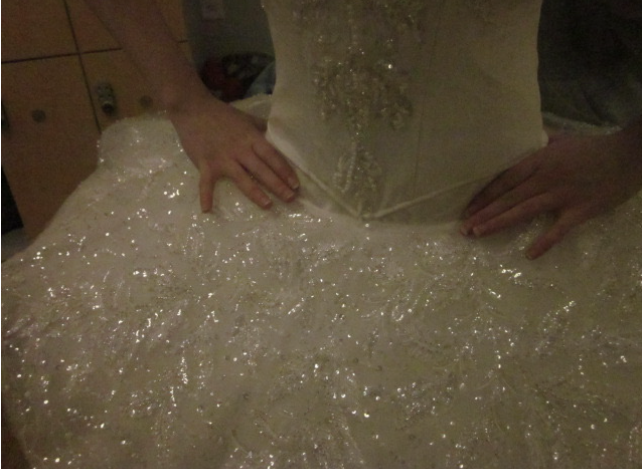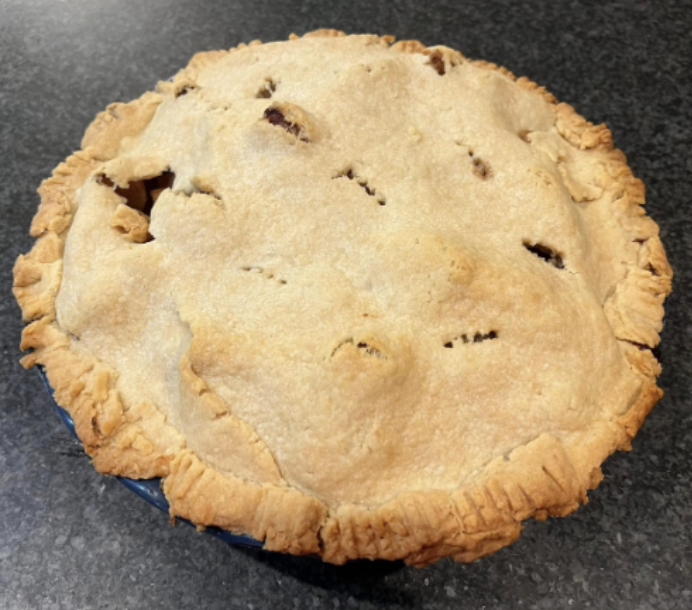I don’t celebrate Christmas but the holiday dominates my phone screen every December. Christmas lists are a hot topic at lunch, TikTok influencers share holiday traditions, YouTubers dive into Vlogmas and elves reappear after their year longrest.
Surprisingly, I don’t mind it. In fact, I enjoy it. Growing up in a predominantly Christian town, I often felt the pull of Christmas festivities: stores with nutmeg-scented air and warm lights, the sound of Michael Bublé singing “Holly Jolly Christmas,” and friends giggling on carpeted floors brings me to a nostalgic state. In contrast, Ramadan, the holiday I celebrate as a Muslim, feels worlds apart.
While Christmas revels in cookies and hot chocolate, Ramadan asks us to fast from sunrise to sunset.
As a child, this difference was confusing. “What kind of celebration is this?” I’d think, each day of Ramadan. I envied my friends’ traditions and eagerly listened to their Christmas stories trying to experience their joy vicariously.
My fascination with Christmas peaked with the Elf on the Shelf. If you’re unfamiliar, it’s a playful holiday tradition where parents place a stuffed elf in creative, often humorous, positions around the house throughout December. The floor-is-lava elf, the tree-climbing elf and the door-swinging elf were my personal favorites. Even though I never had an elf in my home, the excitement of observing these traditions left a lasting impression becoming as much a part of my identity as my own faith.
But over time, I began to question why I missed celebrating a holiday that wasn’t mine and why I hadn’t allowed myself to appreciate Ramadan fully. Growing up in a town where few could relate to my experiences, I often directed my attention toward Christmas or wished I lived in a Muslim-majority country like the one my extended family calls home. There, schools adjust schedules for prayer, Ramadan decorations fill store windows, and everyone shares in the cultural experience.
Yet, as I reflect on Ramadan, I see its quiet beauty. While it doesn’t evoke the same nostalgia I associate with Christmas, its memories hold a deeper significance. In March and April, Ramadan begins as a quiet whisper in Westport, barely noticeable until I’m home or at the mosque, surrounded by a community that shares my faith.
Those nights at the mosque, where I’m enveloped in a sea of families celebrating the same holiday, have grown precious to me. Ramadan has become a part of what makes me unique. While Christmas unites much of my community, Ramadan has taught me to cherish the differences that set me apart. Ultimately, it’s the shared experiences—whether through Christmas or Ramadan—that bring us together, reminding me that community is built on both common ground and individuality.
















































